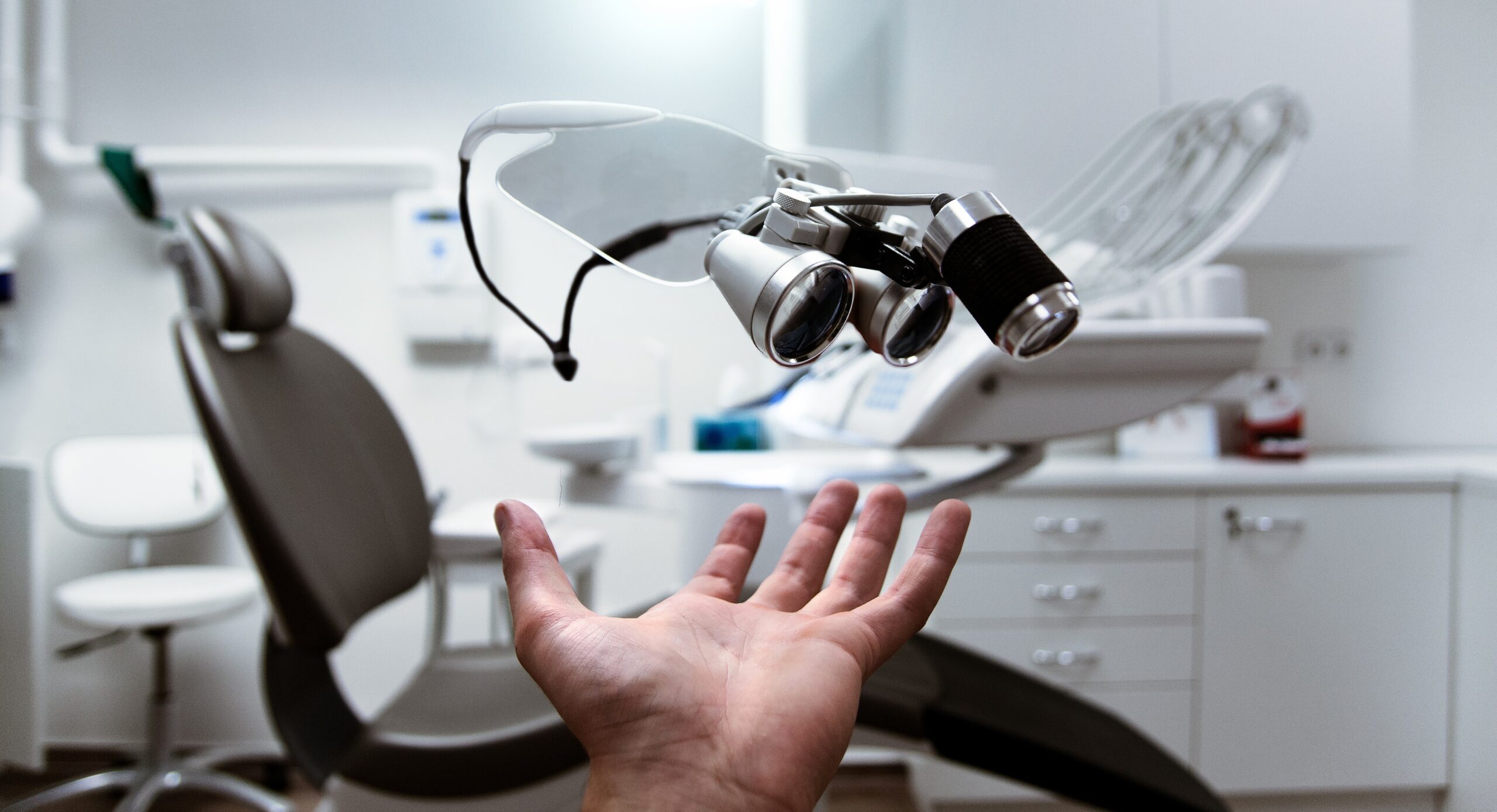Digitization is the process of converting raw data into a computer-readable format. In this age of digitalization, almost everything we do involves a computer to help us finish our tasks faster and easier. As new technologies progress and begin to mature and prove their reliability in real-world applications. In these unprecedented times of technological innovation, healthcare services and companies are at the forefront of integrating cutting-edge technologies into their systems.
Healthcare technology refers to any IT tools or software designed to enhance hospital and administrative productivity, give new insights into medicines and treatments, or improve the overall quality of care provided. Here are the benefits that healthcare technology would bring.

Real-Time Results
Gone are the days of slow processing of results. Fast and accurate data processing with the help of AI automation would benefit healthcare providers and patient relations. Real-time data processing is the instantaneous extraction, execution, and continuous input and output of data. AI Automation will streamline every minute of tasks and will continuously improve various processes in the foreseeable future.
AI technology can leverage immediate and precise data to expedite and optimize critical clinical decision-making. Processing fast and realistic results would help improve preventative steps on critical decisions and reduce patient waiting times.
Lower Error Rates
As AI automation continues to progress we will see a decrease in the error rates or inaccuracy of data inputs. Paired with cloud computing into a centralized database, the communication, data, and diagnostic results between health care providers become faster and more efficient.

Wearable Devices
Innovations on wearable devices that integrate software into their systems such as wearable ECG monitors, Blood pressure trackers, and Biosensors. Those wearable devices help keep track of the current health parameters of the ones who are wearing them. This would impact how healthcare providers and services monitor the well-being of their patients without having them come into their clinic or to the hospital.
Improved Outpatient Care
As digitization brings new systems and processes to the table. Streamlining tasks such as scheduling appointments, and storing and retrieving patient data improves outpatient care. Healthcare digitization makes it easier for healthcare providers and patients to conduct their regular health checks.

The Bottom Line
Ultimately, the era of healthcare digitization brings opportunities for healthcare providers to enhance and improve their services through the use of IT software solutions being introduced today, as we could see a new age of healthcare services sprouting all over the world with the technologies mentioned previously.




